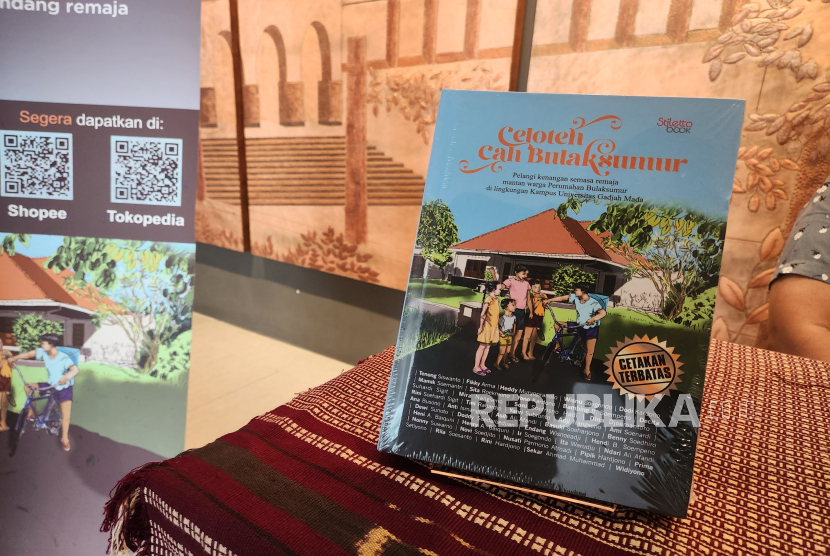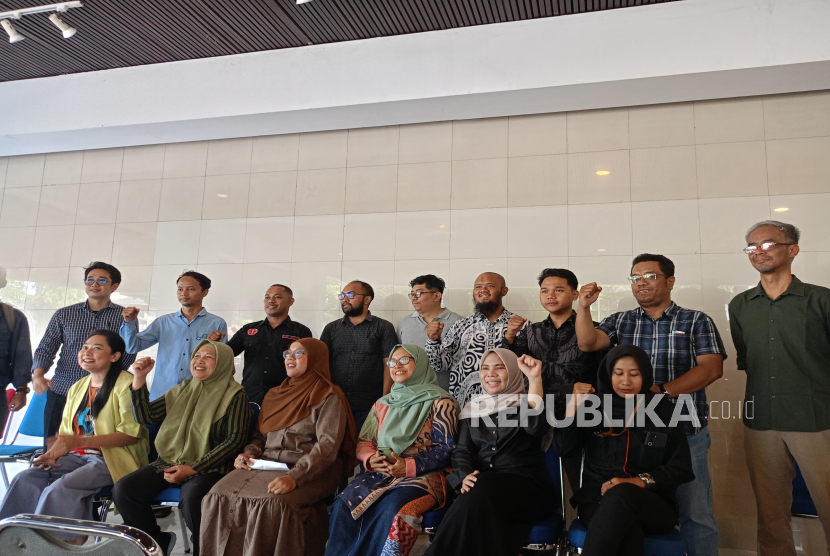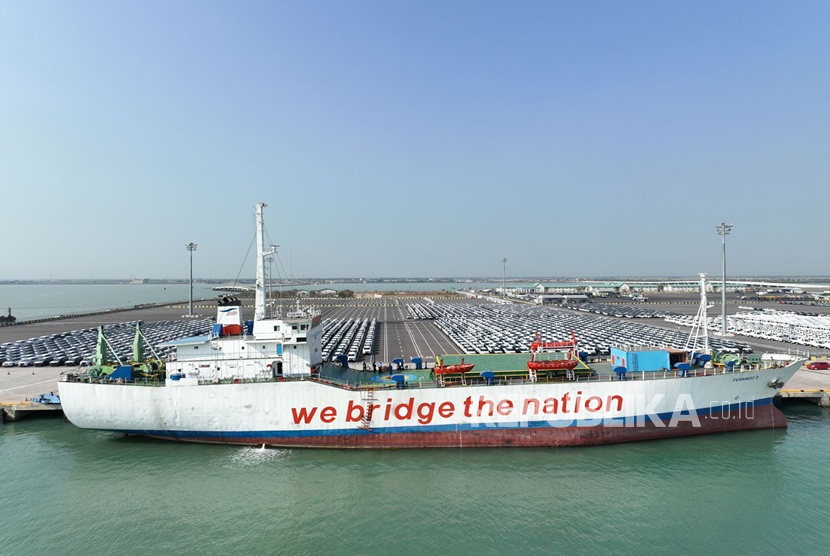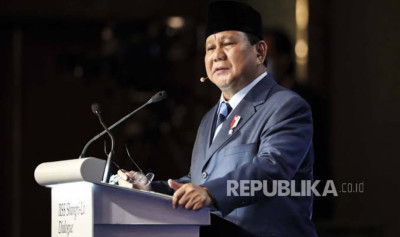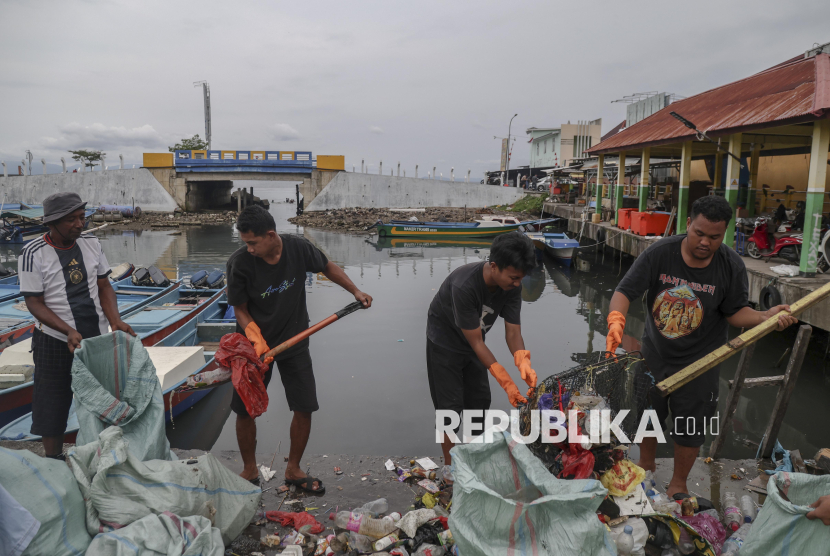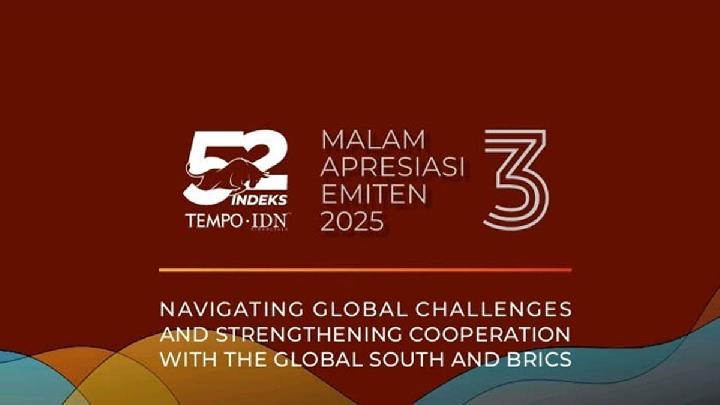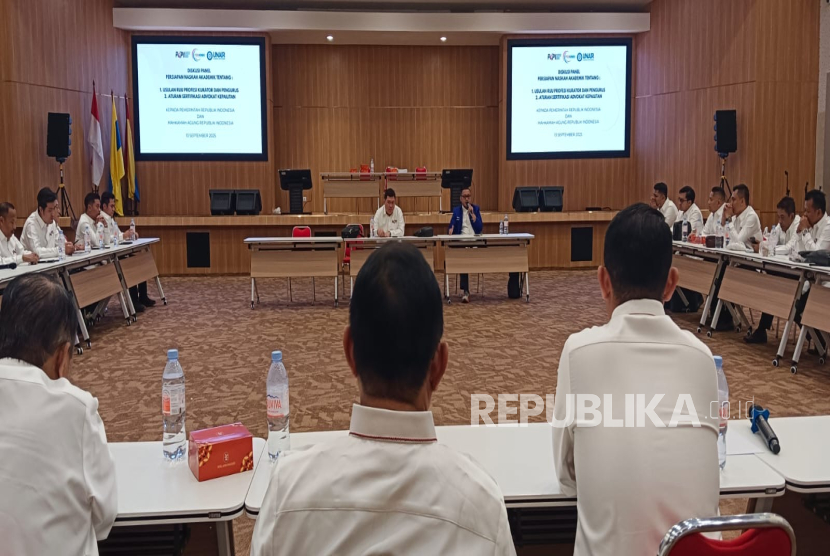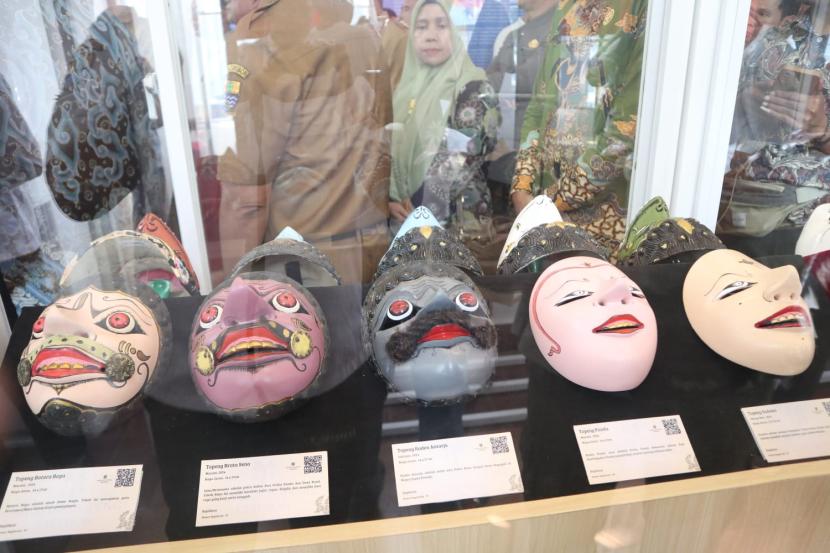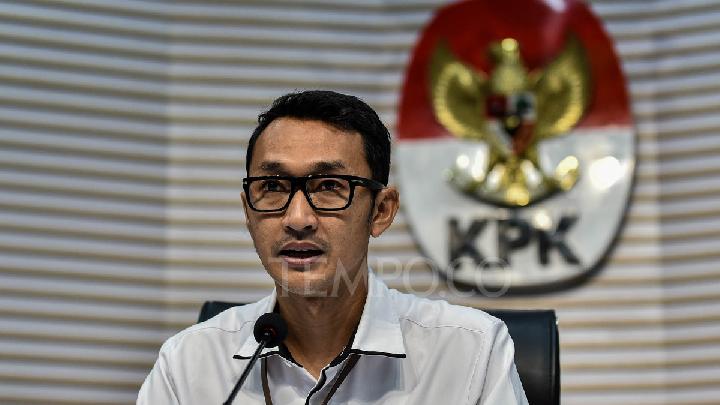September 4, 2025 | 06:08 am

By Sebastian Simanjuntak
Indonesia has lived through banking failures before. From the collapse of Bank Century in 2008 to the Asian Financial Crisis of 1997–98, the story repeated: blurred governance, weak oversight, and balance sheets too tangled to trace. Each time, confidence evaporated, and the public ended up paying the price.
That is why the Financial Services Authority (OJK) deserves credit. Its mandates that forced CIMB Niaga Syariah and BTN–Bank Victoria Syariah into standalone entities are not bureaucratic exercises. They are firewalls: clarifying mandates, separating risks, and preserving trust before it gets muddled. By forcing units to stand on their own, OJK ensured that accountability could be traced, that failures would be contained rather than spread, and that depositors and investors could see clearly where their money sat. For a country that has seen taxpayers bail out fragile banks, those firewalls matter.
Alongside these reforms, however, a new model has emerged: the platform–bank hybrid. This usually takes shape when a fintech lender or e-commerce platform acquires a small, undercapitalized bank. A fintech lender can mean several things in the Indonesian context. It could be a peer-to-peer platform connecting lenders with small businesses or individuals, a Buy Now, Pay Later (BNPL) service extending instant consumer credit at checkout, or a digital wallet that begins by holding balances and facilitating payments before moving into lending. In each case, the acquisition of a bank provides the platform with a license - and with it, the prestige of being a regulated entity. Suddenly, what was once a pure tech play is able to collect deposits, issue loans, and present itself as part of the financial system.
In practice, the outcome is uneven. Sometimes the bank’s traditional role - cultivating its own deposit base and offering mortgages, SME loans, or corporate services - continues. But in other cases, that mandate is sidelined, and the bank becomes a funding tap for the platform’s ecosystem. Deposits raised under the bank license are funneled back into consumer loans, merchant credit, or even user subsidies. Fragility emerges when the bank fails to build its own independent customer base. If its clients remain simply extensions of the parent platform, then both deposits and loans are concentrated in a single ecosystem. In such cases, even relatively small shocks - a rise in defaults, a liquidity squeeze, or a sudden change in user behavior - could destabilize the entire structure. A conventional bank with a diversified depositor base and multiple lines of business would have more resilience to absorb the same shocks.
Some hybrids use their licenses responsibly, creating real flywheels. A flywheel in banking works much like the heavy wheel it is named after: it takes effort to start, but once in motion each turn reinforces the next. Deposits fuel lending, lending strengthens businesses, repayments flow back as deposits, and over time momentum builds. Indonesia already has a successful case in Bank Rakyat Indonesia (BRI), which runs one of the largest microfinance flywheels in the world. Millions of small savers deposit their money, those funds are lent out to farmers and shopkeepers, and as those borrowers repay and redeposit, the base expands. It was slow to build, but once established, it became unstoppable. Without such a flywheel, deposits do not multiply. They risk draining away, and the bank is reduced to a shell that borrows narratives rather than creating value.
The lessons of the past remain relevant here. The collapse of Bank Century, the wave of failures during the 1998 crisis, and the fraud that brought down Bank Global all showed what happens when firewalls do not exist. Governance blurs, risks are hidden, and the public is left exposed. OJK’s decision to enforce spin-offs is designed to prevent that cycle from repeating. By forcing separation, the incentive to disguise losses is reduced, contagion is limited, and depositors are protected before panic has a chance to spread.
For customers and investors, the signals are not difficult to read. Where a flywheel is present and deposits are recycled into productive lending, capital compounds over time. Where the flywheel is absent, savings risk being redirected into survival rather than growth. Banks with standalone balance sheets, like CIMB Niaga Syariah and BTN–Bank Victoria Syariah, show resilience by design. Hybrids that blur reporting and rely solely on their parent ecosystems offer little more than narrative.
The distinction for platform–bank hybrids is straightforward. The credible structures show it through a flywheel and an independent customer base beyond their parent platform. The questionable ones reveal themselves by the absence of both. For investors and customers alike, that distinction is not academic. It is the line between compounding value and subsidizing survival - between a promising bank and a house of cards.
This article discusses structural models and historical cases, not specific institutions unless explicitly cited. References to “platform–bank hybrids,” “questionable structures,” or “shells” describe generalized patterns of risk, not allegations of misconduct by any particular company.
Originally published under Creative Commons by 360info™.
*) DISCLAIMER
Articles published in the “Your Views & Stories” section of en.tempo.co website are personal opinions written by third parties, and cannot be related or attributed to en.tempo.co’s official stance.
Indonesia U-23 Held to 0-0 Draw by Laos in 2026 Asian Cup Qualifier
8 jam lalu

The U-23 Indonesian national team dominated possession with 70 percent compared to Laos' 30 percent in their 2026 Asian Cup qualifier.
Indonesian Lawmaker Denies Martial Law Plans Following Nationwide Protests
10 jam lalu
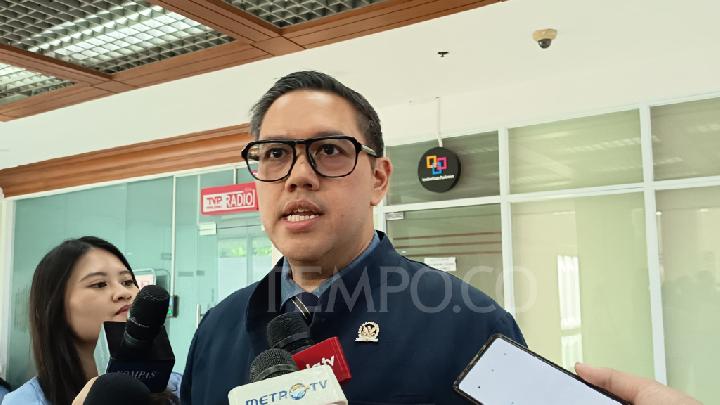
In response to the martial law rumor, a lawmaker affirmed that civilian authority will continue to hold the highest power in Indonesia.
Mees Hilgers to Miss Indonesian Team's FIFA Matchday in September
12 jam lalu

The chairperson of PSSI, Erick Thohir, said Mees Hilgers will be absent from two FIFA Matchday games for the Indonesian national team.
RSF Urges Indonesian President Prabowo to Protect Journalists Amid Protests
13 jam lalu
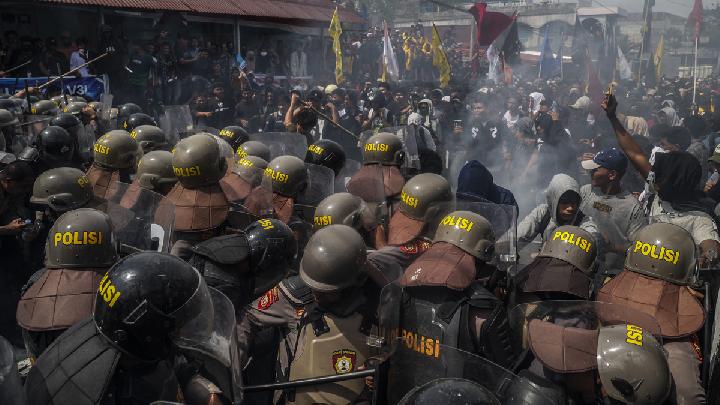
Reporters Without Borders (RSF) has strongly condemned the attacks on at least 16 Indonesian journalists covering recent protests.
Indonesia Remains Open and Safe for International Tourists Despite Protests, Says Minister
14 jam lalu

Indonesian Minister of Tourism Widiyanti Putri Wardhana has guaranteed the safety of foreign nationals living in or visiting the country.
Indonesian Govt Injects Rp16tn to State-Owned Banks to Support Village Cooperatives
17 jam lalu
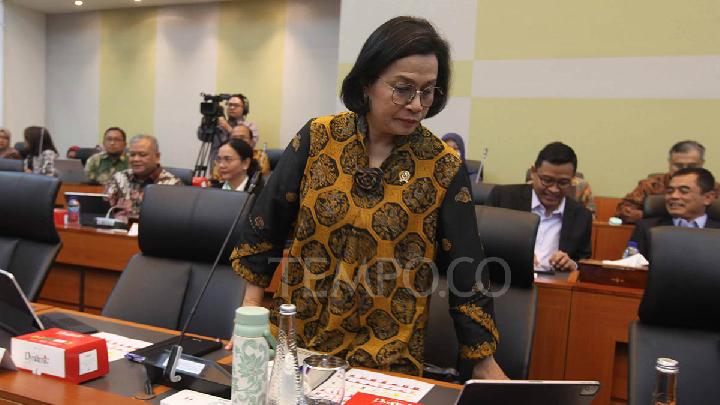
Sri Mulyani officially signs the mechanism for the use of SAL funds for state-owned banks that support the financing of Red and White Village Cooperatives.
Brave Pink Hero Green: Trending Campaign on Indonesian Social Media
17 jam lalu

What is the popular 'Brave Pink Hero Green' campaign on social media?
11 Luxury Car Brands in Indonesia and Their Fantastic Prices
18 jam lalu

Curious about the luxury car brands available in Indonesia and their prices? Let's take a look at the complete review of 11 brands and their prices here!
Indonesia vs Laos: Prediction Ahead of 2026 U-23 Asian Cup Qualifier
18 jam lalu
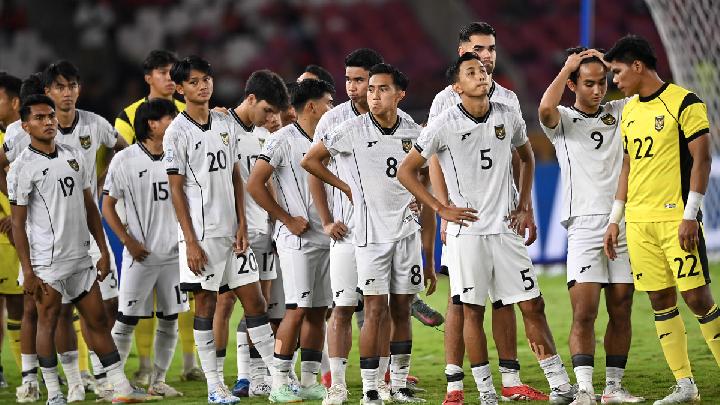
The match between Indonesia and Laos will take place at Gelora Delta Stadium on Wednesday, September 3, 2025, at 7:30 PM.
PAN Proposes Termination of Salaries, Allowances for Its Two Non-Active DPR Members
19 jam lalu

National Mandate Party (PAN) has proposed the suspension of salaries, allowances for its members Eko Patrio & Uya Kuya who're non-active DPR members.





